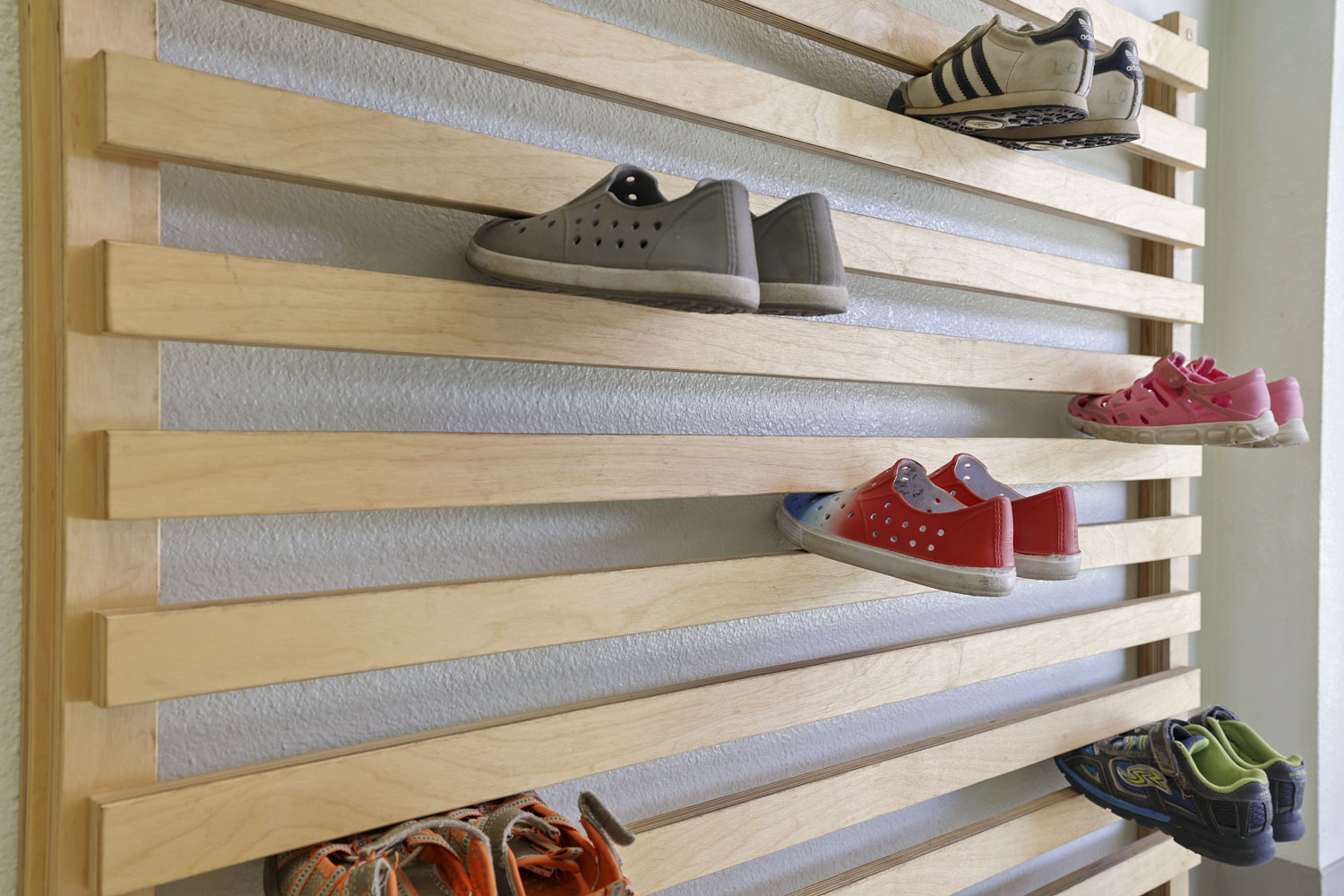Our curriculum
PRACTICAL LIFE
Practical Life activities are offered to assist the child in developing a sense of order, concentration, coordination, independence, respect for others, fine motor skills, grace and courtesy, and self-esteem. This area of learning allows children to imitate adult activities that they see every day and is designed to teach the child to function on their own. Exercises include sorting, pouring, food preparation, care of self and care of the environment. As a result of these activities, the child’s attention span lengthens, they pay attention to detail, and they learn good work habits.

mathematics
Students use hands-on materials rather than struggling with abstract concepts, so they can visualize what happens during mathematical operations. Lessons are sequential, each one building upon the one before. Children first learn simple counting and number recognition, and progress to addition, subtraction, multiplication, and division using bead materials.
sensorial development
An array of activities to assist the student in developing the five senses to understand the information they receive from their environment. Sensorial materials help the child to learn concepts of size, color and shape, while improving eye and hand coordination. The children compare heights, weights, colors, sounds, smells, textures, and shapes. Music for the Montessori classroom is also covered.
.
language arts
According to the Montessori philosophy, learning to read and write should be as natural as learning to speak. Through the use of a multitude of activities a child first learns his phonics, phonetic reading and writing, irregular or sight words, phonograms and blends, which will lead to fluent reading. Children also learn to write their own short stories using the Montessori Moveable Alphabet. We document journal keeping, creative writing, whole language and poetry as well.
CULTURAL SCIENCE
- Geography – Starting with land, water, and air, and progressing to studying the world’s different regions through photographs, art, geo-molds and geography puzzles.
- Culture – Every month we emphasize a specific continent or area of the world. Children are exposed to the names of the continents and countries. They are introduced to a culture’s food, music, dance, art, holidays, etc. Our children come to enjoy and respect the diversity in their classroom and community.
- History – By examining their own timeline from birth to present, and their own family tree, children gain their first sense of history as the concept of time is brought to life.
- Botany – Assists the child in exploring the biological aspects of his/her environment. This helps them develop an appreciation for the delicate balance of nature. The study of botany is child centered using live plants as a knowledge and interest catalyst.
- Zoology – Children by their very nature are fascinated with animals. We learn about animals and to respect their needs, habitat and characteristics.
- Science Experiments – The activities are interesting and fun! They are all “hands on.†Prediction and analysis are incorporated into each experiment.
